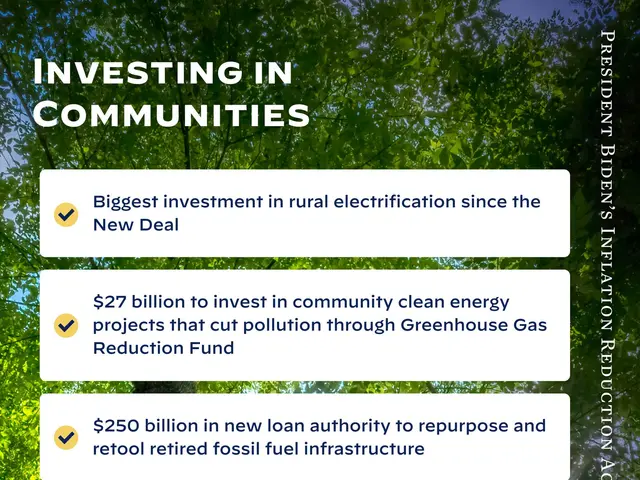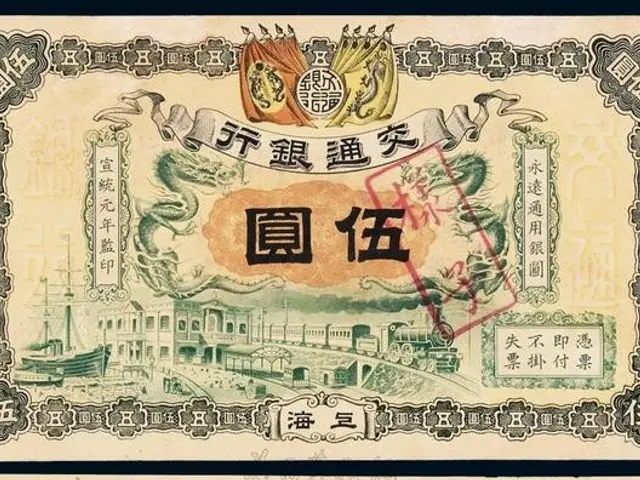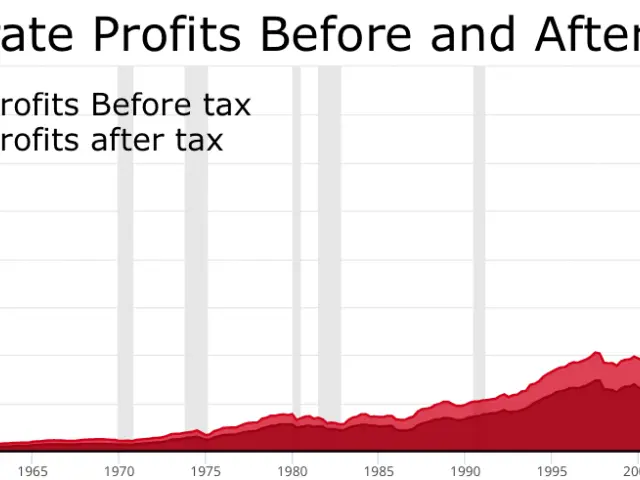Warren Buffet, renowned investor, has undertaken an uncommon action after a three-decade hiatus, which could serve as a sign for cautious investors on Wall Street.
Warren Buffett, affectionately known as the "Oracle of Omaha," has built a fortune through his savvy investing skills. Over the past 58 years, Berkshire Hathaway, led by Buffett, has delivered a compounded annual gain of nearly 20%, outperforming the S&P 500's 10% increase during the same period. Buffett's knack for picking the right stocks and administrating his investments has been the backbone of Berkshire Hathaway's success.
The current market climate mirrors the positive outlook of the past year; the S&P 500 has been in a bull market, reaching new highs and registering a substantial 23% yearly increase. Market participants have been keen on investments in technology and growth companies, fueled by optimism over an anticipated low-interest environment and improving economic conditions.
However, recent statements from Buffett and his investment decisions hint at a cautionary note for investors. In his latest shareholder letter, he pointed out an increase in "casino-like behavior" in the market, indicating a shift from traditional market principles towards speculative activities. Additionally, Berkshire Hathaway has reduced its positions in key holdings such as Apple and Bank of America.
These actions culminate in Buffett retaining the highest level of cash in 30 years – approximately $325 billion. This substantial cash position raises the question of limited buying opportunities in the current market. To back up these observations, the S&P 500's Shiller CAPE ratio, a valuation metric used to account for various economic cycles, sits at a level of 36, indicating stocks are exceptionally pricey.
Does this mean it's time to exit the investment game? Not necessarily. Buffett's actions do indicate that the market might be overvalued; however, he's not entirely abandoning his investment strategy. Recent filings show he's added to his Verisign shares, having spotted an undervalued prospect in the midst of a pricey market.
In conclusion, Buffett's actions and investments can be interpreted as a reminder that investors should maintain some cash reserves for future opportunities. As the market booms, the fear of missing out can cloud judgment; it's essential to exercise selectivity in investments to ensure the foundation for future growth. This proven approach to investing by Buffett has significantly contributed to Berkshire Hathaway's success and has the potential to work for less famous investors as well.
Investors should consider following Buffett's lead and maintaining cash reserves for future investment opportunities, as the current market may be overvalued. Buffett's decision to reduce positions in key holdings and increase his cash reserve demonstrates his caution in the face of potential market volatility. Additionally, his investment in Verisign, despite the market's high valuations, highlights the importance of identifying undervalued prospects. In the realm of finance and investing, managing funds wisely and staying patient for the right opportunities can lead to long-term success, similar to Buffett's approach with Berkshire Hathaway.








